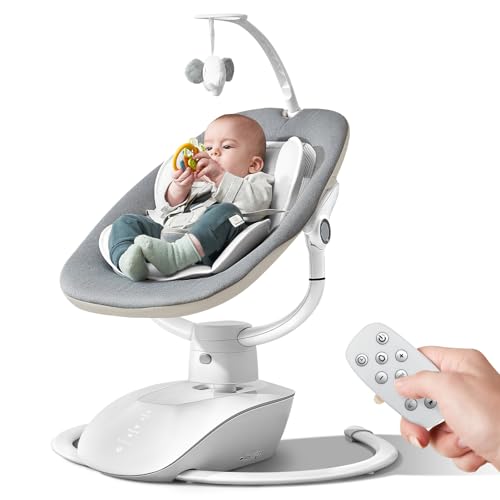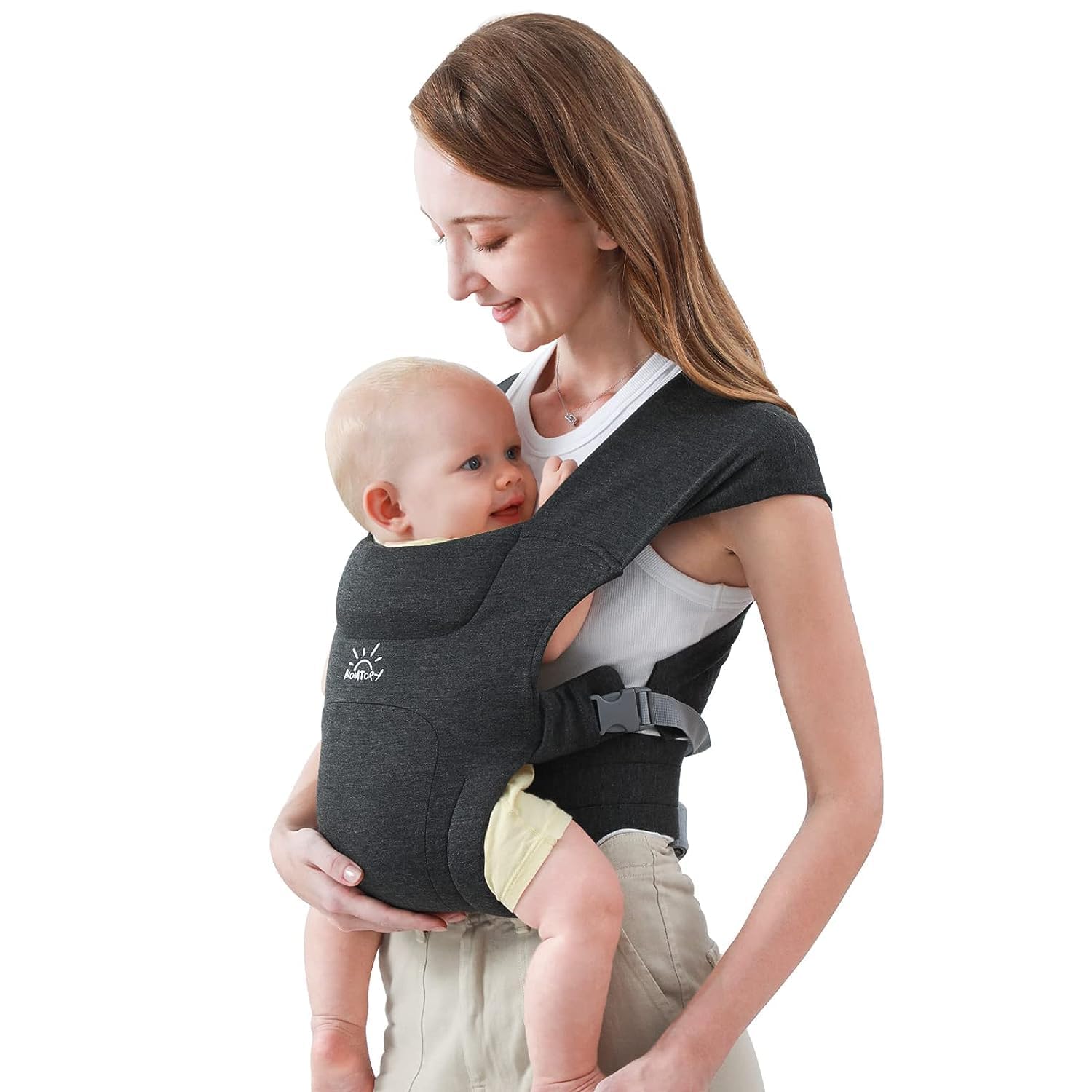Best Supplement for Breastfeeding Mothers Click Here to Read More
BLOGS POST 15: THE A.B.C OF BABY SLEEP
A HAPPY BABY AFTER A WELL CRAFTED LULLABY…
Review of Baby Swing for Infants: A Must-Have for Comfort,
Review of Baby Swing for Infants: A Must-Have for Comfort, Convenience, and Soothing Motion As a parent, soothing your baby and…
The Ultimate Guide to Wearing an Ergo Baby Carrier Safely
The Ultimate Guide to Wearing an Ergo Baby Carrier Safely Introduction: Why Proper Babywearing is Essential for Parents When it comes to…
POST – 6: The Best Baby Trend Car Seats for
POST – 6: The Best Baby Trend Car Seats for Every Stage of Growth Choosing the right car seat for your…
Breastfeeding is one of the most beneficial practices for both mother and baby.
It provides essential nutrients that help in the development of the baby’s immune system, brain, and overall growth.
While a balanced diet is the best way to meet these nutritional needs.
This article explores the best supplements for breastfeeding mothers, helping you make informed decisions for you and your baby’s health.
Why you need this supplements.
Breastfeeding mothers require more nutrients than usual to ensure that both their own needs and those of their baby are met.
However, due to various factors such as dietary restrictions, lifestyle, or health conditions, it might not always be possible to get all these nutrients from food alone.
This is where supplements come in—they can help Ensure you’re getting the necessary vitamins and minerals to support both you and your baby during this important period.
The Essential Nutrients for Breastfeeding Mothers:
Certain nutrients are especially important during breastfeeding to support your health and your baby’s development.
1. Omega-3 Fatty Acids (DHA)
Omega-3 fatty acids, particularly DHA (docosahexaenoic acid), are critical for your baby’s brain and eye development.
Your body doesn’t produce DHA on its own, so it’s important to get enough from your diet or supplements.
Sources:
- Fatty fish like salmon and sardines, fish oil supplements, algae oil for vegetarians.
Supplement:
- A daily fish oil or algae oil supplement can help ensure you’re getting enough DHA, especially if your diet lacks sufficient omega-3-rich foods.
2. Vitamin D
Vitamin D is crucial for both your baby’s bone development and your own bone health. It also plays a role in immune function.
Sources:
Sunlight exposure, fortified foods like milk and cereals, fatty fish.
Supplement:
Many healthcare providers recommend a vitamin D supplement for breastfeeding mothers, especially if you live in an area with limited sunlight.
3. Iron
Iron is important to prevent anemia, Anemia means shortage of blood. can cause fatigue and affect your overall well-being. During breastfeeding, your iron needs may increase, especially if you experienced blood loss during delivery.
Sources: Red meat, poultry, lentils, spinach, fortified cereals.
Supplement: An iron supplement can be beneficial, particularly if you’re not getting enough from food. It’s important to consult with your healthcare provider, as too much iron can also be harmful.
4. Calcium
Calcium is necessary for the development of strong bones and teeth in your baby, as well as for maintaining your own bone density.
Sources: Dairy products like milk, cheese, and yogurt; fortified plant-based milk; leafy green vegetables.
Supplement:
Calcium:
If your diet is low in calcium, a supplement may be needed to ensure you’re meeting the recommended daily intake.
Popular and Effective Supplements:
Several supplements are commonly recommended to breastfeeding mothers to help meet their increased nutritional needs:
Prenatal Vitamins
Continuing to take prenatal vitamins postpartum can be beneficial. These vitamins are formulated to provide a balance of essential nutrients like folic acid, iron, calcium, and vitamin D that support both you and your baby’s health.
Omega-3 Supplements
If you don’t consume a lot of fish or omega-3-rich foods, taking an omega-3 supplement (especially one rich in DHA) can help support your baby’s brain and eye development.
Probiotics
Probiotics can be beneficial for both you and your baby’s digestive health. They help maintain a healthy balance of gut. bacteria, which can support your immune system and potentially reduce the risk of certain infections.
How to Choose the Right Supplement
Choosing the right supplement is important to ensure safety and effectiveness. Here are some tips:
Consult a Healthcare Provider: Before starting any supplement, it’s important to discuss it with your doctor or a registered dietitian. They can help determine what’s necessary based on your diet, lifestyle, and any health conditions.
Check the Dosage: Make sure the supplement provides the right amount of nutrients you need. Avoid taking too much, as excessive amounts of certain vitamins and minerals can be harmful.
Avoid Unnecessary Additives: Choose supplements that are free from unnecessary additives, fillers, or artificial ingredients. Look for products that are third-party tested for quality and safety.
Conclusion
Breastfeeding is a rewarding experience, but it also places extra demands on your body. Ensuring you get the right nutrients is essential for maintaining your health and supporting your baby’s growth and development. While a balanced diet is the best way to meet these needs, supplements can be an important tool in filling any nutritional gaps.
Remember, the best approach is to combine a healthy, varied diet with the right supplements, as recommended by your healthcare provider. By doing so, you can ensure that both you and your baby are getting the nutrients you need during this special time.







